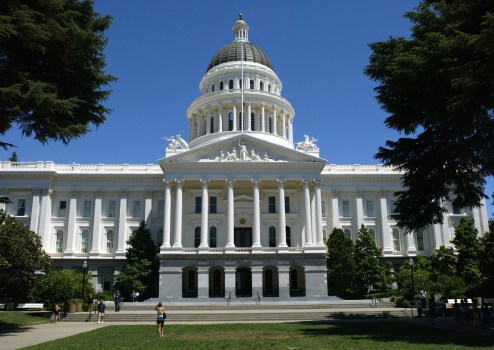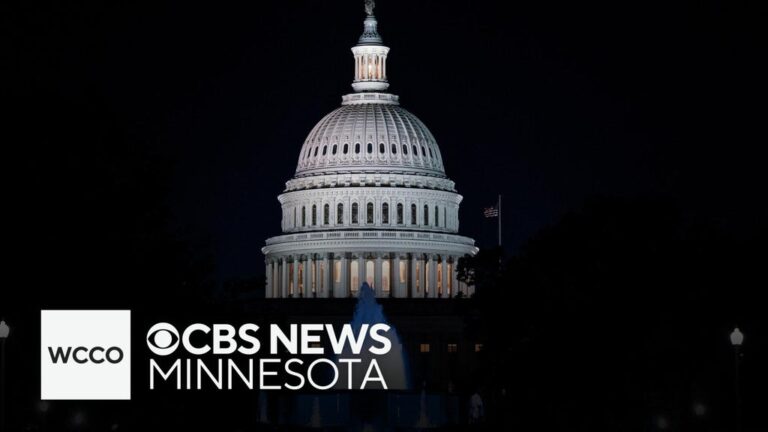As July begins, several new laws in California are set to take effect, bringing significant changes across various sectors. However, one anticipated law, mandating state-regulated insurance coverage for in vitro fertilization (IVF), will not commence as initially planned. Legislators have postponed its implementation to January 1, 2026. Meanwhile, other legislative updates, ranging from workplace protections for domestic workers to transparency in short-term rental fees, are poised to be enforced starting today.
CARE Court Updates: Enhancing Mental Health Support
One of the key changes involves updates to the CARE Court program, which is designed to assist individuals with severe mental health conditions. Effective immediately, courts are now required to keep the original petitioner informed about the progress of the case, including any dismissals or postponements. An exception exists if the court deems that such updates could negatively impact the individual’s treatment or well-being.
This development follows the landmark mental health care law signed by Governor Gavin Newsom in 2022. The law established a framework allowing family members, first responders, and social workers to petition for enrolling a person with severe mental illness into a CARE program. This program aims to provide access to treatment for mental health and substance abuse disorders, housing, and other supportive services.
Senator Tom Umberg, D-Santa Ana, who spearheaded the update, emphasized the importance of these changes in ensuring that those in need receive timely and effective support.
New Safety Measures for Alcoholic Beverages
In an effort to enhance safety in social settings, establishments with a “Type 48” license, which allows them to serve beer, wine, or distilled spirits, must now offer a lid for drinks upon request. This law, effective until January 1, 2027, aims to reduce the risk of drink spiking, a measure hoped to prevent sexual assaults and rapes.
Assemblymember Josh Lowenthal, D-Long Beach, who introduced AB 2375, described the legislation as a “commonsense measure” to deter potential perpetrators. The bill garnered strong bipartisan support, reflecting a collective commitment to public safety.
Expanding Protections for Domestic Workers
California’s occupational safety laws now extend to household domestic service workers, providing them with protections that align with federal standards. This expansion includes workers employed on a permanent, temporary, or emergency basis. However, exemptions apply to those whose services are publicly funded, employees in family daycare homes, and privately employed individuals providing services like cooking and caregiving.
Senator María Elena Durazo, D-Los Angeles, highlighted the vulnerability of domestic workers, particularly during public health emergencies and climate disasters. “These workers provide front-line care to California’s most vulnerable, yet they often remain without any health and safety protection,” she stated.
Transparency in Short-term Rental Fees
Short-term rental platforms, including Airbnb and VRBO, are now required to disclose any cleaning tasks that guests must complete to avoid additional fees or penalties. This requirement, outlined in AB 2202, aims to enhance transparency for consumers.
Former Assemblymember Anthony Rendon, D-Lakewood, who championed the bill, emphasized the importance of informed consumer choices. “By requiring that short-term vacation rentals disclose requested cleaning duties in advance, we can ensure customers have the information they need to make a truly informed choice,” he said.
Simplifying Subscription Cancellations
Consumers in California will find it easier to cancel unwanted subscriptions or services thanks to AB 2863. The law mandates that businesses provide straightforward cancellation options before automatic renewals occur. Moreover, cancellations must be possible via the same method used for enrollment or any medium the consumer regularly uses to interact with the business.
Assemblymember Pilar Schiavo, D-Chatsworth, described the legislation as the most comprehensive “Click to Cancel” law in the nation. “California is setting a model for the nation on protecting consumers from unnecessary charges, giving them more control over their finances,” she remarked.
These legislative changes reflect California’s ongoing efforts to address diverse issues affecting its residents, from enhancing consumer protection to ensuring workplace safety. As these laws take effect, their impacts will be closely monitored, offering insights into their effectiveness and potential areas for further legislative refinement.

























